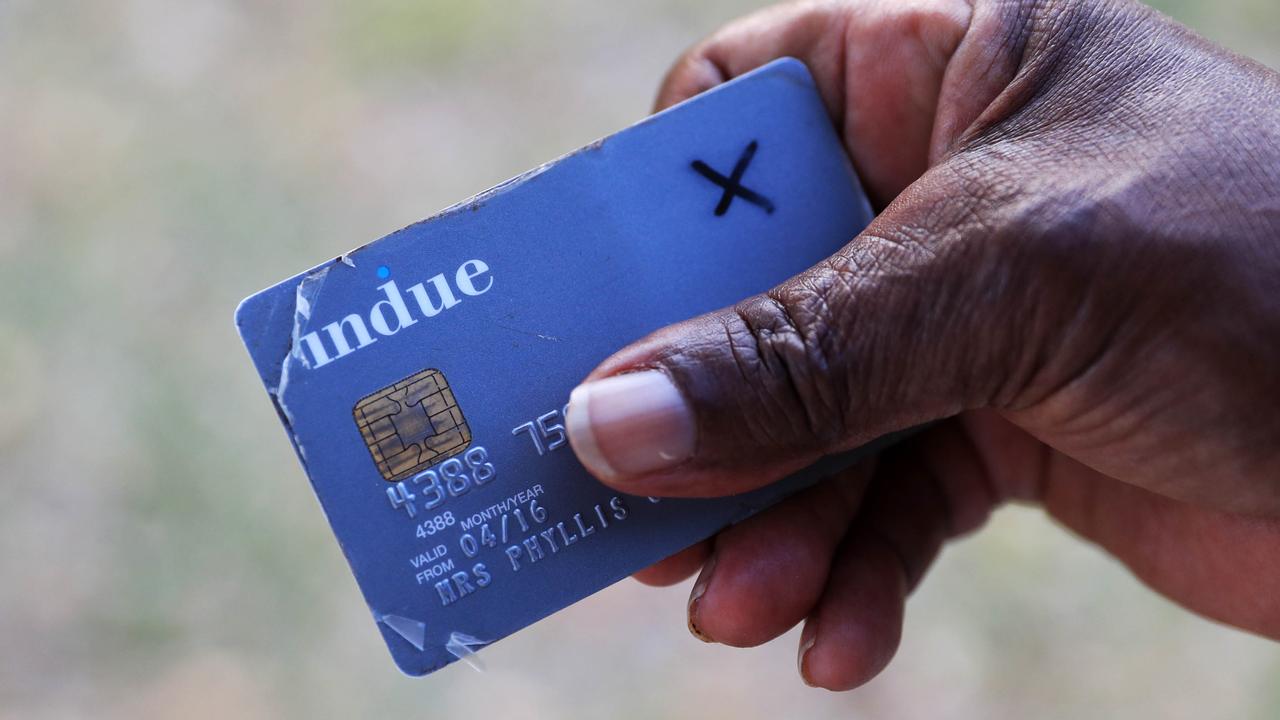Keep care for kids 'within family'
THE Centre for Child Protection is calling for more funding to support Aboriginal communities looking after neglected children.
THE Australian Centre for Child Protection is calling for more funding to support Aboriginal communities look after neglected children, rather than taking them from their family and culture.
Centre director Fiona Arney said yesterday the federal government had wasted millions of dollars on ineffective measures to remove children from indigenous families and take them to regional centres or cities when it could have considered support networks such as extended families.
"We should be providing supports to families and communities to adequately care for children in their homes and if you can't in their home, because there are some who can't, to find other family members who can," she said.
"We need to maintain their connection to language, community and culture, and we need to maintain our work in terms of prevention of abuse."
The Australian Institute of Health and Welfare's Child Protection Australia report shows that between June 2008 and June last year, the rate of Aboriginal and Torres Strait Islander children taken into custodial care increased from 40.1 children per 1000 to 54.9.
The non-indigenous rate increased slightly from 4.9 to 5.6 children per 1000 over the same period.
Professor Arney said the University of South Australia-based centre had received $1 million in federal funding annually and spent about $300,000 on research into child abuse in indigenous communities.
She said there were few organisations undertaking evidence-based research in indigenous communities or investigating ways to avoid taking children into protective care.
She said while there was no doubt some children needed to be removed from abusive or neglectful homes, child support agencies often resorted to asking parents questions before removing a child -- a model that worked with non-indigenous families -- rather than sitting down with extended family to talk through alternatives.
"We can say here's what's concerning the state, here's what's concerning the family, is there someone else the child could live with?" she said.
"If there's a problem getting to school, we can ask who can get them there. If there's a problem with alcohol or drugs, we can refer the parents for support. The strong evidence that we've got is what doesn't work, and removing children from their communities and cultures hasn't worked."
Professor Arney said more resources should be spent on organisations such as Winangay Resources in northern NSW.
Winangay, founded in 2010 by Aunty Sue Blacklock, was created out of concern over the number of Aboriginal children in out-of-home care and to offer support for kinship carers.
The team, who worked with the NSW Children's Guardian, developed tools to assess kinship carers and promote support within indigenous communities.


